Life and legacy of Hezbollah’s first leader Sheikh Ragheb Harb in his daughter's words
By Hiba Morad
Sheikh Ragheb Harb, Lebanese Hezbollah resistance movement's founder-leader, was a beacon of selflessness, dedication, and humility, who devoted his entire life to serving his people and resisting Israeli occupation, his daughter told the Press TV website.
In a freewheeling conversation marking his 41st martyrdom anniversary, Hawraa Harb said her father preferred to embrace death rather than endure occupation and humiliation.
When he returned to Lebanon from the Iraqi holy city of Najaf in 1974, Sheikh Harb led a profound mission rooted in charity, faith, and an unyielding commitment to his homeland.
His unwavering devotion to his people in Lebanon and their cause made him a cornerstone in founding and supporting the Islamic Resistance in Southern Lebanon and Western Bekaa.
Revered as the martyr of the Islamic Resistance, his arrest by Israeli occupation forces in 1983 became a defining moment in his struggle against the Zionist entity and its backers.
A relentless force against Israeli occupation from the 1982 invasion onward, he remained steadfast until his assassination by Zionist collaborators in Jibsheet on February 16, 1984.
No to disgrace
Speaking to the Press TV website, Hawraa Harb emphasized her father's unshakable resolve, stating that nothing could deter him from his path or weaken his conviction.
With the heart of a lion, Sheikh Ragheb Harb stood firm in defending Lebanon against Israeli occupation. He often declared to relatives and friends, "We will live with dignity on our land; we will never accept humiliation."
“He firmly believed that surrendering to the occupier was equivalent to accepting humiliation, something he could never accept. For him, it was far better to be killed by the Israeli enemy while defending one's dignity and land than to live in disgrace,” his daughter stated.
“In one instance, when an Israeli soldier remarked, ‘Sheikh, the Israeli army is strong,’ Sheikh Harb, without even raising his eyes, coldly replied, ‘God is stronger. God is the strongest of all’”.
Sheikh Ragheb Harb was not a man of empty words—he lived by his convictions, standing at the forefront of demonstrations against the Israeli occupation of Lebanon, Hawraa recalled.
His fiery spirit and unwavering principles led him to champion armed resistance, seeing it as the only effective response to the brutal Zionist occupation.
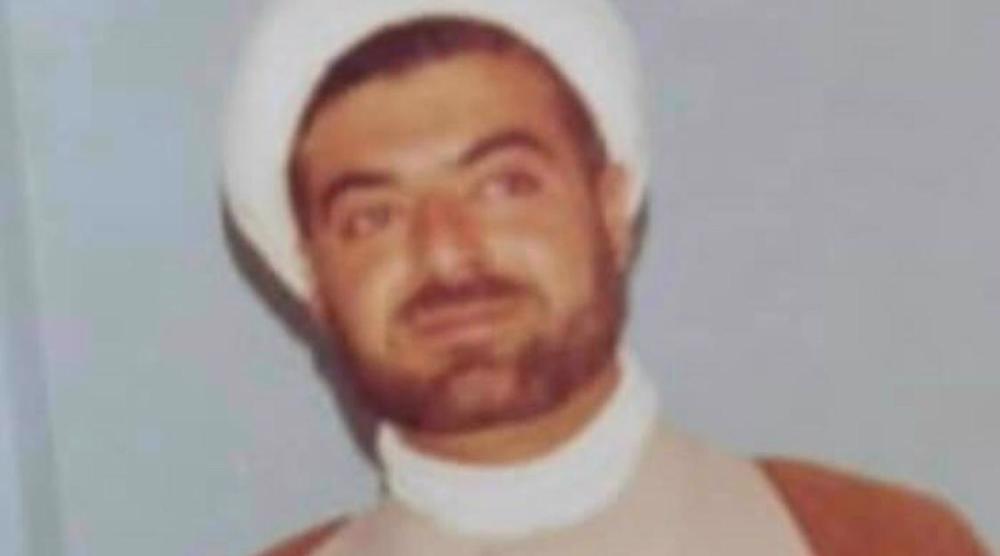
He steadfastly rejected any form of negotiation or diplomacy with the enemy, viewing such efforts as a betrayal that would only validate their illegal and illegitimate presence.
His unwavering stance became a rallying cry for the resistance, igniting hope and determination among those who envisioned a free and sovereign Lebanon.
Sheikh Harb’s defiance was legendary. When an Israeli commander once visited him, expecting a gesture of civility, he refused to shake hands, declaring, “Our stance is armament, and a handshake would be an admission.”
His words resonated deeply, further cementing his role as a guiding force in the resistance.
In one of his speeches, he stated, “The Zionists have been deceitful and deceptive throughout history. The Resistance in Lebanon and Palestine has ridiculed the occupation and changed history.”
Born from the urgency of resisting Israeli aggression, the resistance movement carried his indelible mark. His tireless efforts ensured that his name would be spoken with reverence, not just in Lebanon but across West Asia, where he remains a symbol of defiance and unwavering faith.
A role model
To his daughter, Sheikh Harb was more than a resistance leader. He was a guiding light, a man whose actions spoke louder than words, a man who always walked the talk.
"He showed us the right way through his actions, not just words. He was kind and compassionate, especially toward orphans, patient with those who made mistakes, and adaptable in dealing with various situations and people," Hawraa shared.
Despite his prominence, he lived humbly, detached from material wealth. He never sought luxury or comfort, content with the simplest meals prepared by his wife.
"No one could imagine his humble lifestyle, especially since leaders of political groups usually have luxurious lives. He didn't own a house or anything else for a long time and only owned a house when he had five kids, some 12 years after marriage,” his daughter told the Press TV website.
But even when he finally built a house, his generosity knew no bounds. Sheikh Harb, known as a father to orphans, dedicated three of its five rooms to 47 orphaned children who had nowhere to go.
The kitchen, bathroom, and balcony were shared spaces, and his wife cooked for everyone.
Yet, his care for the orphans extended far beyond providing shelter and food. He personally attended to their needs, spending time with them, laughing, playing, and filling the void left by their fathers.
He encouraged them to engage in creative and enriching activities, organizing plays and ceremonies that brought joy into their lives.
Through his actions, Sheikh Ragheb Harb became more than just a resistance leader. He became a symbol of selfless devotion, a man whose legacy continues to inspire generations striving for justice, dignity, and freedom.
Even after building an orphanage and relocating children there, Sheikh Harb’s devotion never wavered. Hawraa recalled how he frequently visited, played with them, and tucked them into bed at night.
He firmly believed that children should never be punished or scolded but rather guided with kindness so they would feel safe and valued.
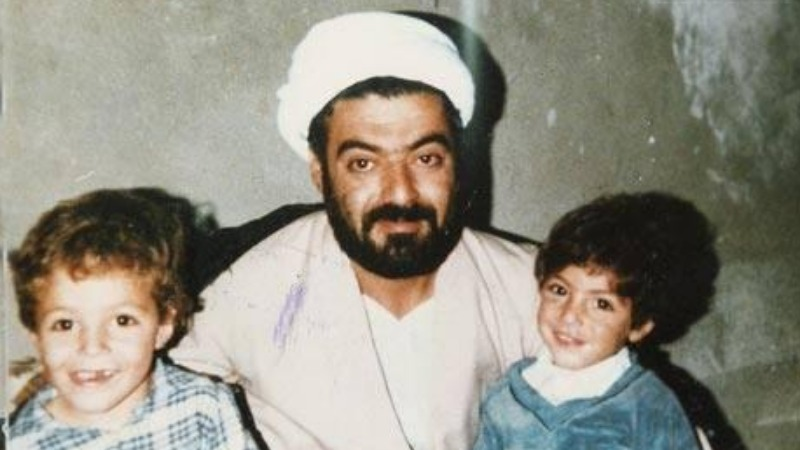
"The same applied to my siblings and me. He taught us right from wrong in a loving manner, and we now raise our children the same way," Hawraa shared.
His generosity knew no bounds. He never saved money for himself, ensuring instead that those around him were cared for.
Whether relatives, friends, or complete strangers, Sheikh Harb helped everyone without hesitation. Tirelessly, he placed others before himself, always prioritizing their needs over his own.
"He was very modest, never treated anyone with superiority, and lived among the people. He visited them, had tea with them, and inquired about their lives, problems, and worries," Hawraa recounted.
True to his character, Sheikh Ragheb was always the first to step up in times of hardship.
Hawraa recalled a moment that reflected his deep concern for the well-being of others.
A farmer in their town faced financial ruin when his entire herd of cows perished, leaving him without a source of income. Without hesitation, Sheikh Harb mobilized the men of the town, raising funds to help the farmer purchase a new herd and rebuild his livelihood.
It wasn’t just charity but meticulous, hands-on care for his community, a testament to his unwavering commitment to those in need.
Women’s status
Sheikh Harb was a staunch advocate for women, regarding them as equals in humanity and deserving of respect, kindness, and opportunity.
He encouraged his wife to educate women in their community, empowering them to take active roles in society. Under his support, women’s associations were established across Lebanon, providing a platform for fundraising, meaningful discussions, and fostering unity among people.
Hawraa spoke fondly of her parents’ relationship, describing it as one built on mutual admiration and respect.
"My parents' relationship was one of admiration, respect, love, and care. He saw his wife as a sacred partner and worked hard to make her comfortable and happy. He knew her worth and encouraged her to recognize her importance. I never heard them fight, and he always spent his free time with us,” she stated.
His impact extended far beyond his family. The resistance, forged to defy Israeli occupation, was strengthened by his monumental contributions, earning him an enduring legacy in Lebanon and across the West Asia region.
But his influence was not limited to the battlefield. It lived on in his teachings, his values, and the lives he touched. To this day, his legacy remains a guiding force, inspiring generations with his principles, humility, and unyielding dedication to justice.
VIDEO | 3,000 bodies of Palestinians ‘evaporated’ as Israel used banned weapons in Gaza
Iran says political pressure cannot undermine its ‘inalienable’ enrichment right
Former Trump adviser Bannon plotted with Epstein to 'take down' Pope Francis
China warns US against ‘plotting’ on Taiwan, says it risks confrontation
VIDEO | Zionist takeover of UK police
VIDEO | Trump-Netanyahu meeting
Iran’s shortest rail route between China and Europe
'Shameful': Hamas decries Western systemic campaign against UN expert Albanese


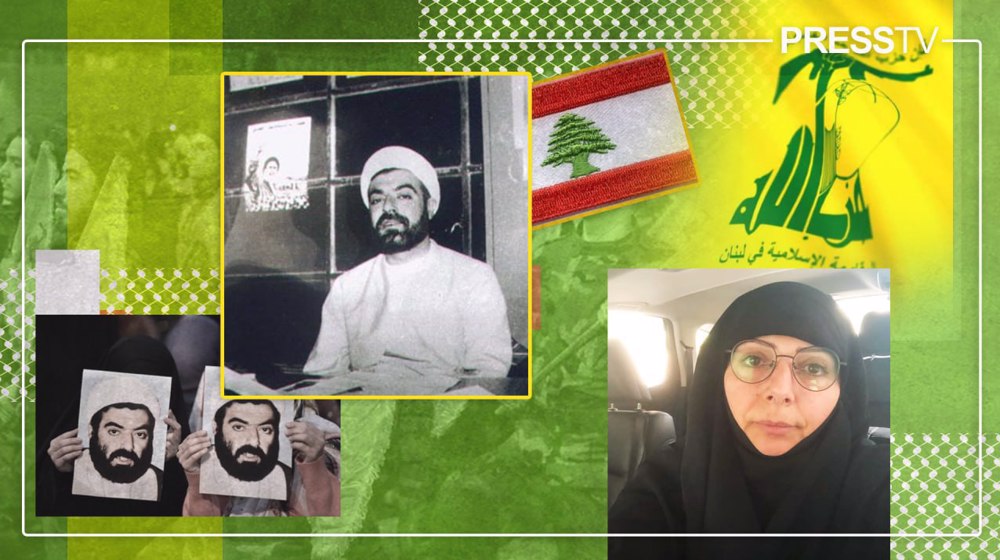
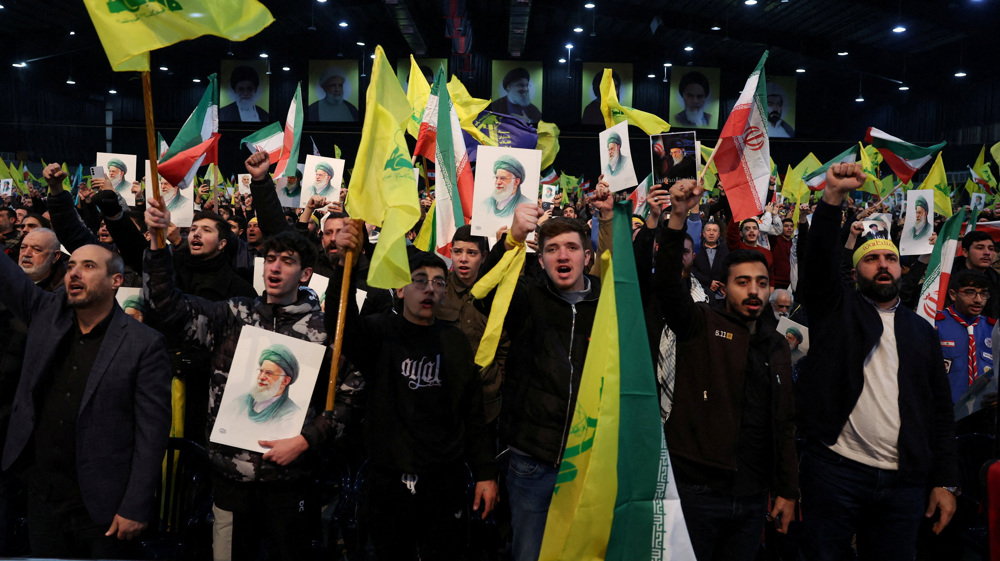
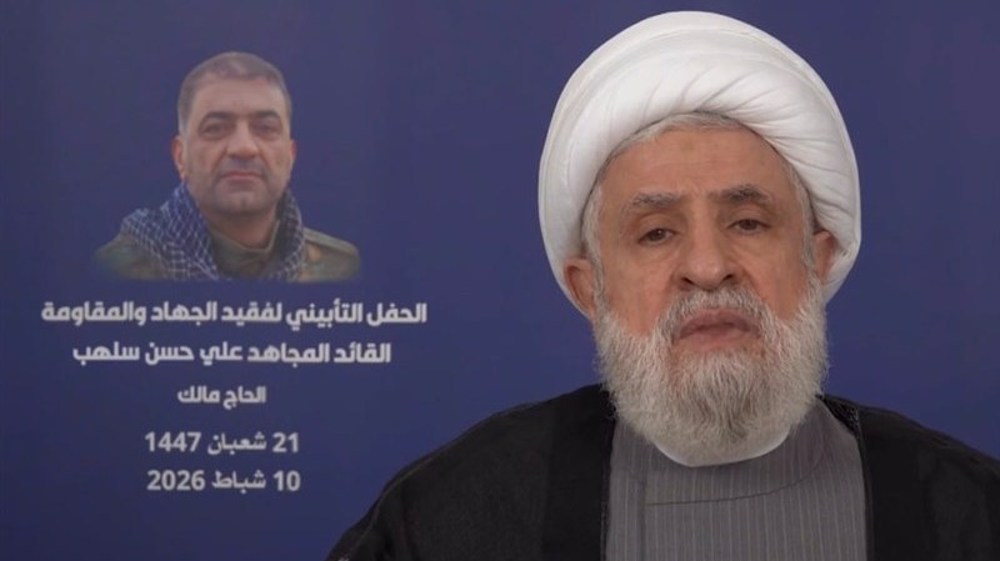
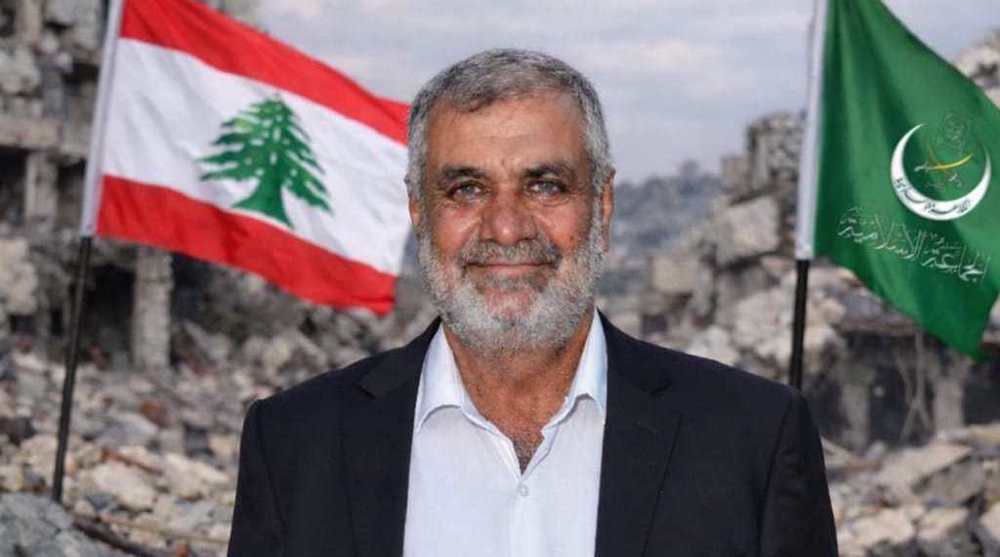



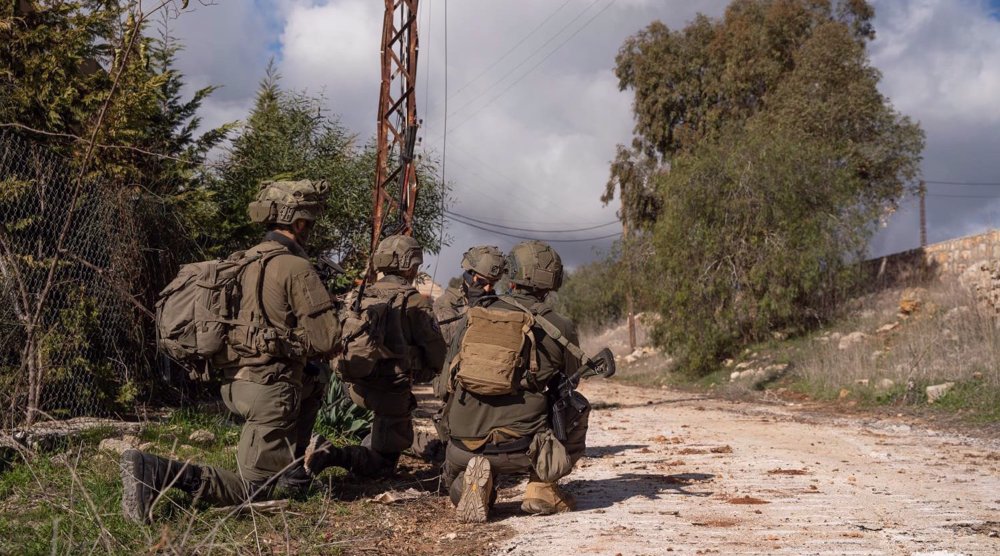

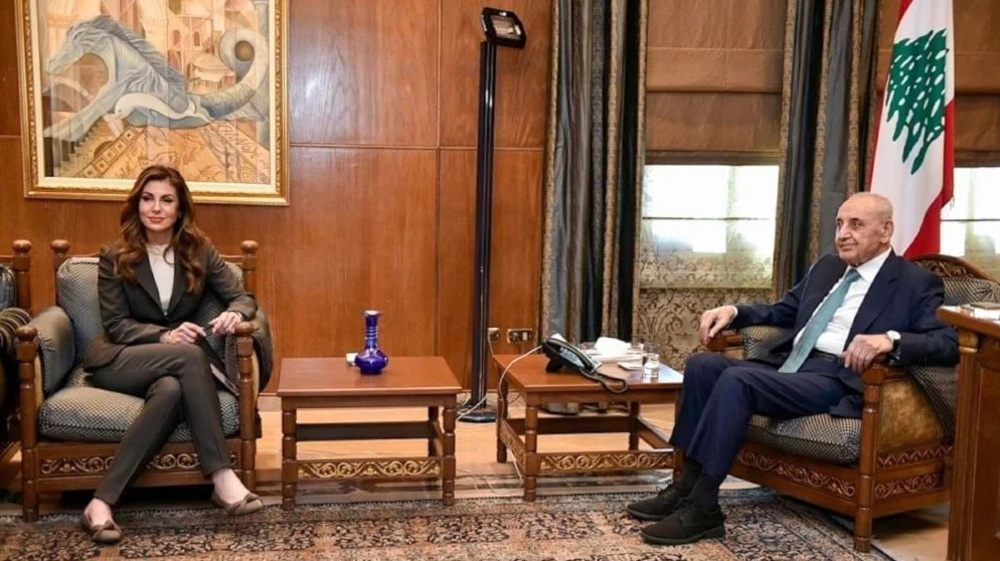
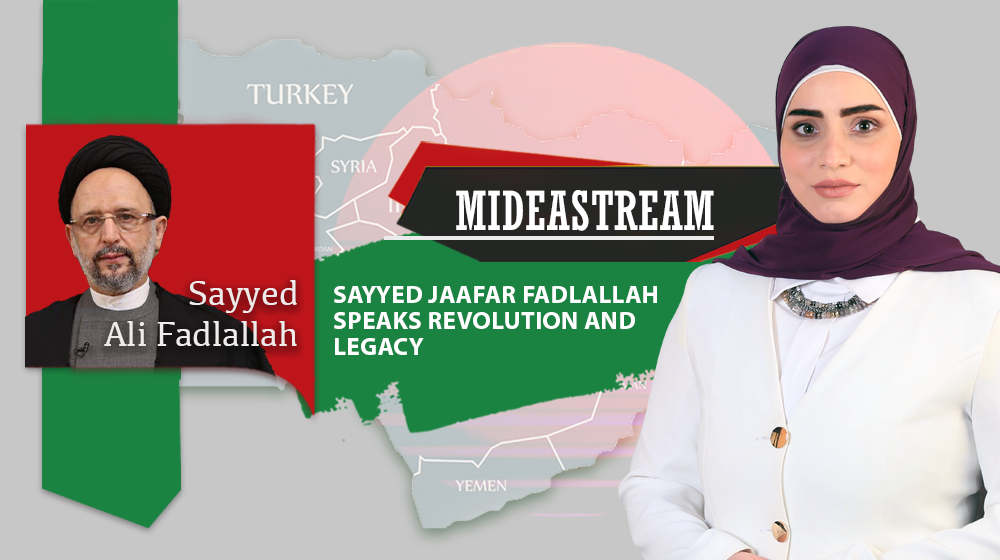
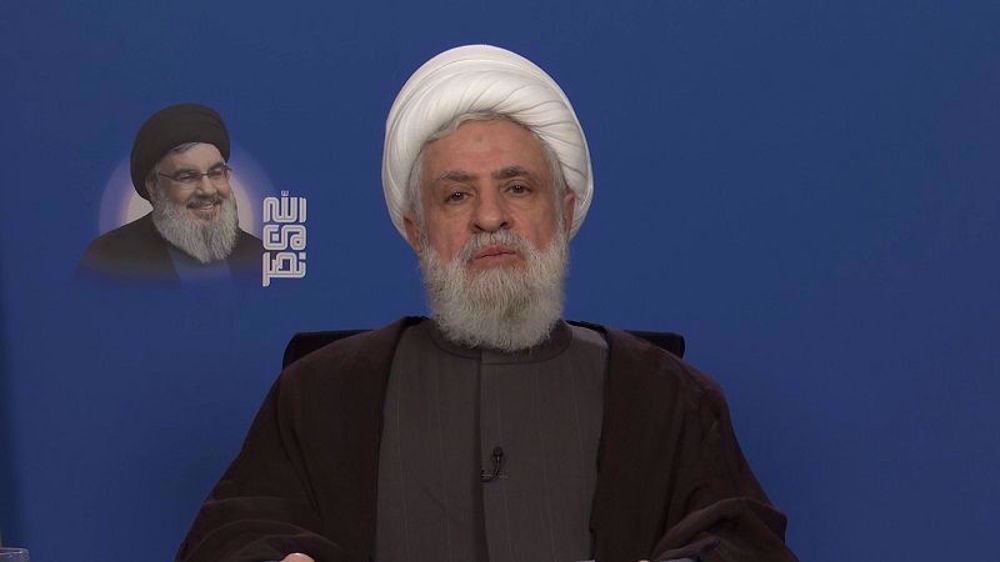

 This makes it easy to access the Press TV website
This makes it easy to access the Press TV website